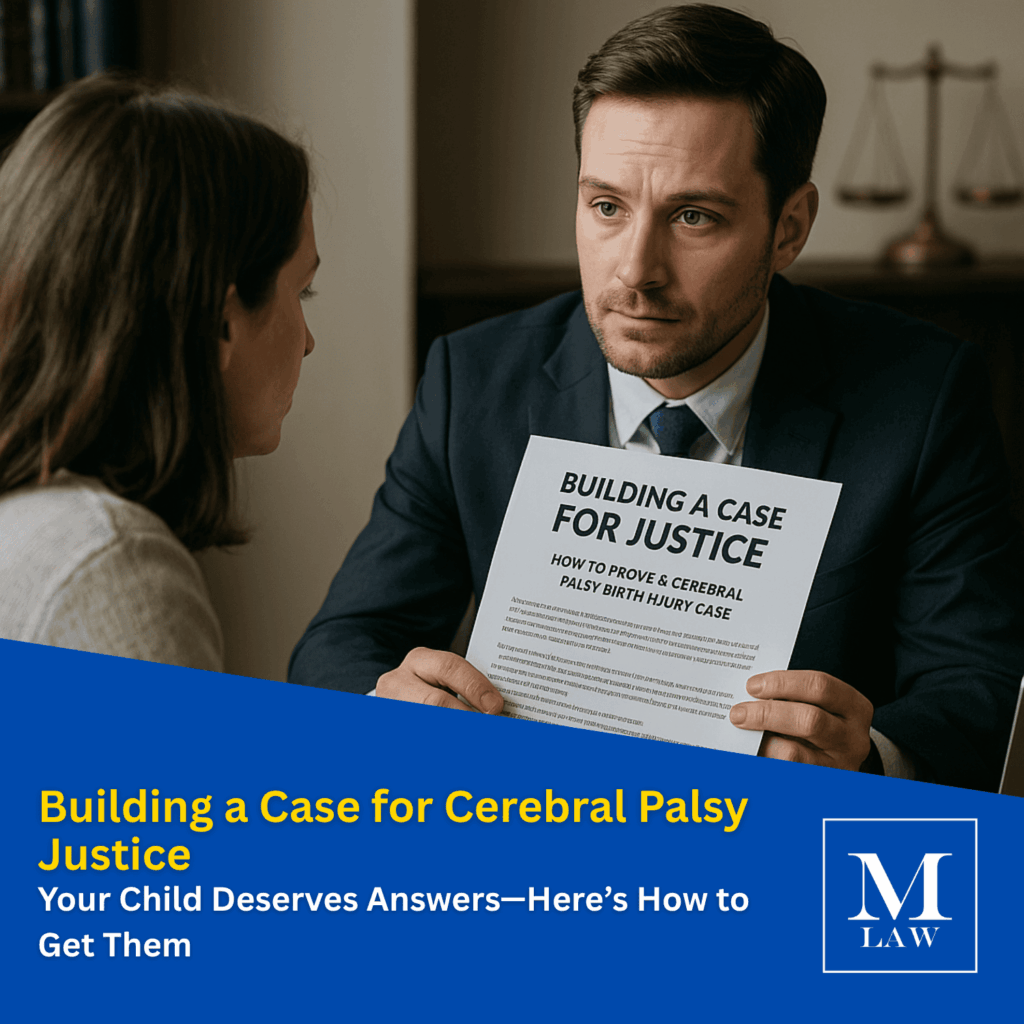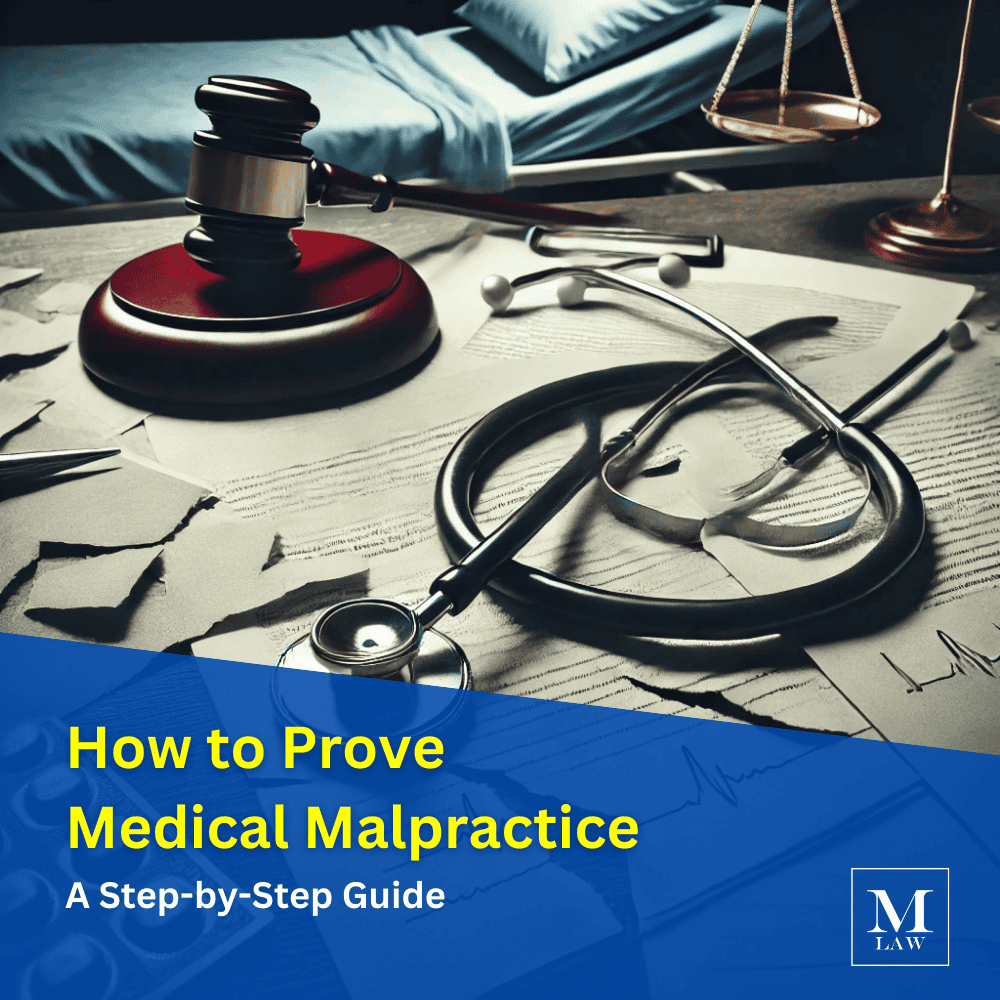When it comes to legal trials, we often have a preconceived notion of what they look like based on popular culture. From courtroom dramas to true crime documentaries, we’re exposed to a lot of media that portrays trials in a particular way. However, the reality is that trials in real life are not quite the same as what we see on TV. This is especially true in a medical malpractice trial.
Medical malpractice trials can be complex and daunting for both plaintiffs and defendants. These legal proceedings are often lengthy and involve numerous expert witnesses and medical records.
If you are involved in a medical malpractice case, it is important to understand what to expect at trial so that you can prepare yourself for the process. In this blog post, we will provide an overview of what typically happens during a medical malpractice trial, including the key steps involved and what you can expect from each stage of the process.
By understanding the basics of a medical malpractice trial, and how a medical malpractice lawyer can help, you can feel more confident and prepared as you navigate this challenging process.

What happens at a medical malpractice trial?
A medical malpractice trial typically occurs when a patient or their family files a lawsuit against a healthcare provider or institution, alleging that their negligent actions or omissions resulted in harm or injury to the patient. The trial is a legal proceeding in which both the plaintiff and the defendant present their case to a judge and jury.
Here are some of the key steps involved in a medical malpractice trial:
- Jury selection: A pool of potential jurors is selected and then whittled down through a process called “voir dire,” in which attorneys from both sides ask questions to determine which jurors are impartial and qualified to serve on the jury.
- Opening statements: Both the plaintiff’s and defendant’s attorneys present their case and outline their arguments in an opening statement.
- Presentation of evidence: Both sides present their evidence, including medical records, expert testimony, and witness testimony. The plaintiff’s side will typically try to prove that the healthcare provider was negligent and that this negligence caused harm to the patient, while the defendant’s side will attempt to refute those claims.
- Cross-examination: Attorneys from both sides can question each other’s witnesses in order to clarify or challenge their testimony.
- Closing arguments: Attorneys for both sides summarize their case and try to persuade the jury to rule in their favor.
- Jury deliberation: The jury meets in private to discuss the evidence and come to a verdict.
- Verdict: The jury presents their decision, which can either be in favor of the plaintiff or the defendant.
If the jury finds in favor of the plaintiff, they may be awarded damages to cover medical expenses, lost wages, pain and suffering, and other costs associated with the injury. If the jury finds in favor of the defendant, the plaintiff receives no damages and must cover their own legal fees.

What four things must be proven in a medical malpractice case?
In a medical malpractice case, four things must typically be proven by the plaintiff in order to successfully establish the healthcare provider’s liability. These are:
- Duty: The healthcare provider must have had a duty to provide a certain standard of care to the patient. This duty typically arises from the doctor-patient relationship.
- Breach: The healthcare provider must have breached that duty by failing to provide the expected level of care. This means that the provider’s actions or omissions fell below the standard of care that a reasonable and prudent provider would have provided under similar circumstances.
- Causation: The plaintiff must prove that the provider’s breach of duty caused the injury or harm that they are alleging. This means that there must be a direct link between the provider’s actions or omissions and the patient’s injury.
- Damages: The plaintiff must have suffered actual damages as a result of the provider’s breach of duty. These can include physical harm, emotional distress, financial losses, and other types of harm that have resulted from the healthcare provider’s negligence.
All four of these thing must be established and proven in order to win a medical malpractice trial.
All of this information may be daunting at first, but don’t fret. The medical malpractice attorneys at Merson Law are more than equipped to help you prepare for your trial and present your argument. Get in touch with one of our medical malpractice lawyers today by calling our Manhattan office at the number above, or by filling out our contact form.








